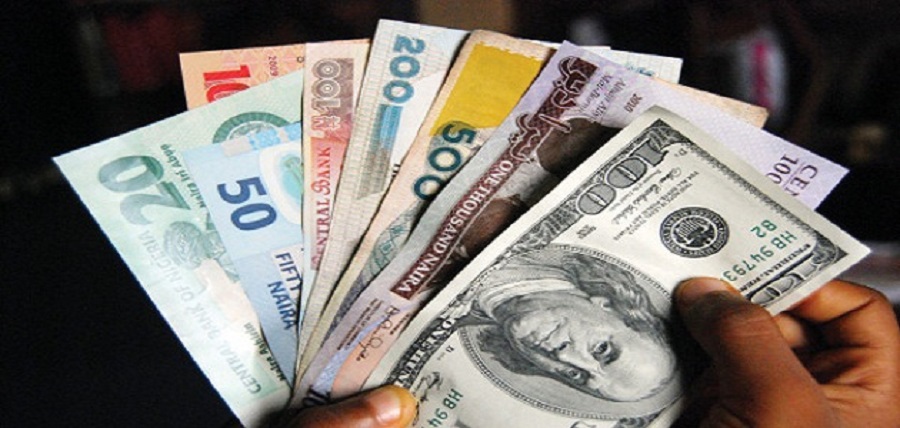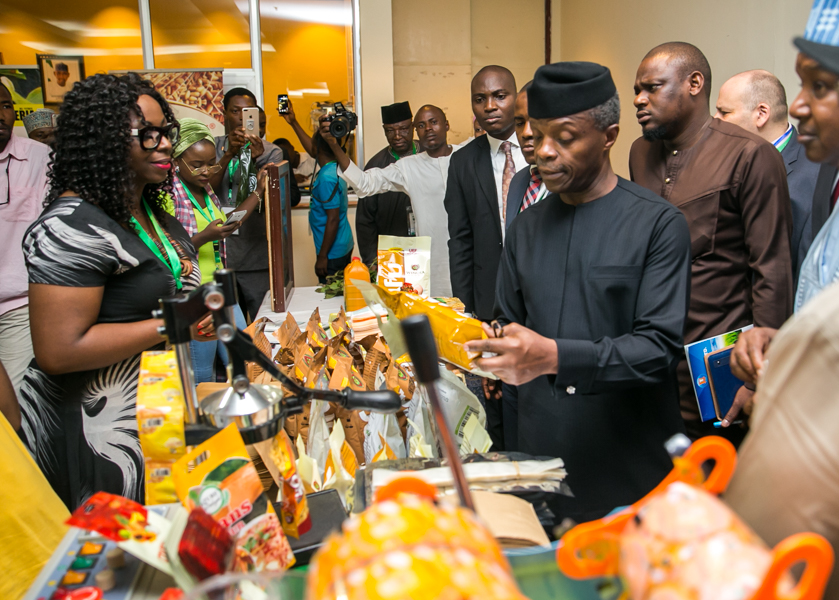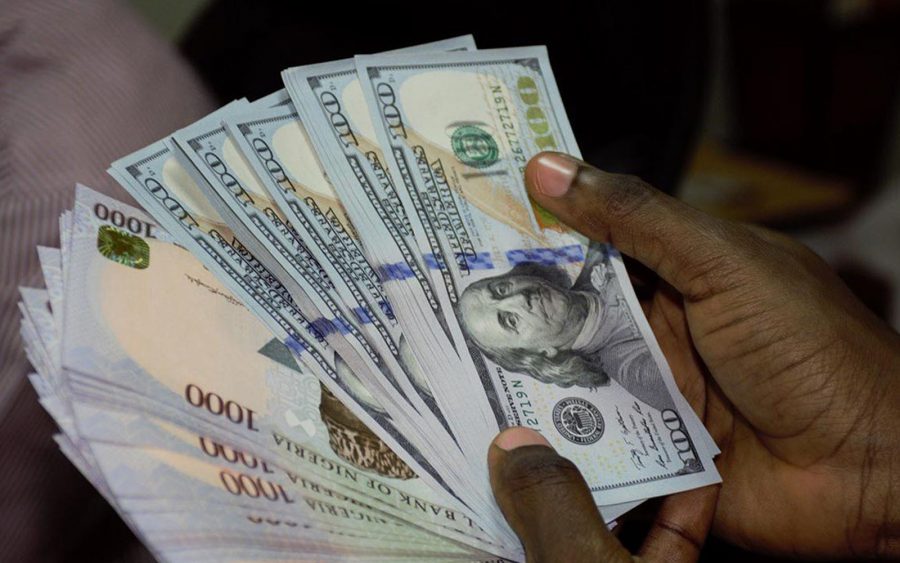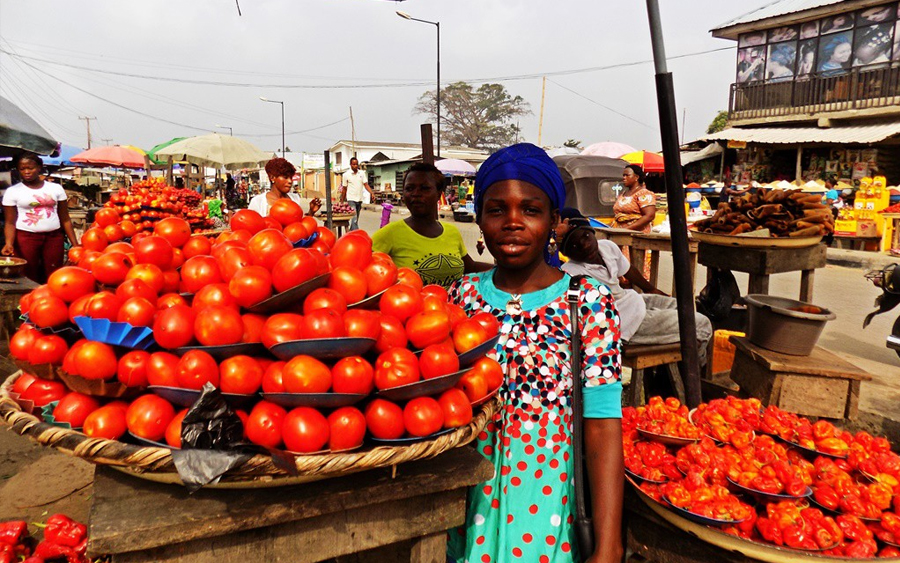6 things you must not do with your money
Money can go as fast as it comes, but you might just get to keep it for a long time if you follow these tips.

Coming across this, you probably thought to yourself “what an interesting topic, I wonder what it has to say”. Well, we are right there with you. There are a lot of things you shouldn’t do with your money and even without reading further, you can probably outline about 20 things, (go ahead if you’d like to).
Trust me you’d have fun doing that because it was quite fun coming up with this list and we’d like to present to you the top 6 things we believe you must not do with your money. Have a fun read.
DO NOT BE UNINTENTIONAL WITH YOUR MONEY
Intentional living is important and it is something that has caught on over the years. To be intentional means to be deliberate in your actions and decisions. Basically, what you must understand from this is that you should not be impulsive with your money, whether in your spending, savings, and investment decisions, you must be deliberate. There is a popular saying that goes “failure to plan is planning to fail”.
It is necessary to always have a plan/budget for your money. Never leave your money to chance. Be intentional, be deliberate, and do not be passive with your money plans. To get started, you can focus on three steps; have a vision, create a plan, set limits. You can decide to be intentional with your impulse buying as well. When you create a plan and set limits and you do not go over that limit, even when you decide to splurge, you would still be on track to achieving your goals.
DO NOT MAKE LARGE PURCHASES WITHOUT CONSIDERING THE FULL COST
Part of being intentional with your money is to avoid large purchases if possible. Things like buying a car or land/homeownership should not be taken lightly. Even if you can afford the down-payment at that time, you have to consider the other charges and fees attached. If you can meet up with maintenance and servicing then, by all means, go ahead. Otherwise, it’d be best to review that decision. One way to achieve such purchase though, if your current earnings aren’t sufficient to support an extravagant purchase is to have a savings or budget plan for it.
Even if you cannot afford a financial advisor, there is a good number of mobile apps that would help you make such a savings plan. If you are the type of person that whenever you come upon ‘windfall’ or unexpected income, you’re already thinking of how to spend it extravagantly, you need to have a change of perspective. Before you think of buying that private jet or getting that car, you need to ask yourself if you are fully capable of maintaining it. Making rash purchase decisions can lead to regrets later.
DO NOT CASH YOUR PAYCHECK RIGHT AWAY
With the advancement in technology, most employees have the option to have their earnings paid directly into their bank accounts, rather than collecting cheques or cash. But no matter the form you collect your money; you must make provision for part of that money to be saved. Do not spend it immediately. You can automate payments such that a percentage of your monthly income goes directly into your savings account.
This helps to avoid the temptation of dipping into that fund because, “if you don’t see it, you won’t spend it”. Some companies provide retirement savings plans for their employees, a system whereby a portion of their salaries are deducted and paid directly into their retirement account. One such plan is the 401k, of which the Nigerian alternative is the Nigerian Pension Scheme, governed by the National Pension Committee (PENCOM).
DO NOT PUT ALL YOUR MONEY IN ILLIQUID INVESTMENTS
While investments are fun, and a good way to build wealth, it is important to diversify and have variety. Remember the saying, “do not put all your eggs in one basket?”. The difference between liquid and illiquid investments is simply this; the ability to exchange something for cash. So the rate of liquidity is determined by how easily an investment can be converted to cash. Do not tie up your money by investing in illiquid investments. Your investment portfolio should be diversified.
DO NOT SHOP EMOTIONALLY
The fact that we are biological beings does not mean we should not make logical decisions. Do not fall prey to ‘retail therapy’. Retail therapy is a term that is used to describe the action of shopping to improve one’s mood. It is also referred to as “comfort buys”, often acquainted with individuals who buy during periods of depression and stress. You are allowed to get emotional and you are also allowed to deal with that emotion, but talking to a sales representative or clerk just to make you feel better is not healthy.
Their job is to make sales, not your welfare. This is not intended to paint anyone in any sort of way but rather, to educate you. Instead of making that trip to the store or browsing that online catalogue, it would be better for you to call up a trusted friend or family member and talk with them. You’ll thank me for it.
DO NOT SIGN A CONTRACT YOU DO NOT FULLY UNDERSTAND
A contract is an agreement between two people that is legally binding. Four essential elements that make a document legally binding are; an offer, an acceptance, an intention to form a partnership, and a consideration that usually involves money. It can be oral or written. When it is oral unless recorded, there is no solid proof that an agreement was made, but, once it is written there is enough proof.
So before you go ahead and sign that piece of document, you must be fully aware of the terms and conditions of your agreement. Yes, a contract may, however, be considered invalid for specific reasons, but the bottom line is that you should avoid any situation that would put you in any money problem. It is more rewarding to get professional advice than implicate yourself unknowingly.
With all that’s been said, the crux of the matter is that you must be intentional with your money. Only then, can you plan, only then can you learn from your mistake, only then can you track your money movements, be deliberate, make decisions and take actions with a purpose. Develop a relationship with it (a healthy one of course), get to know your money, go on money dates and your financial health will bless you for it.


















